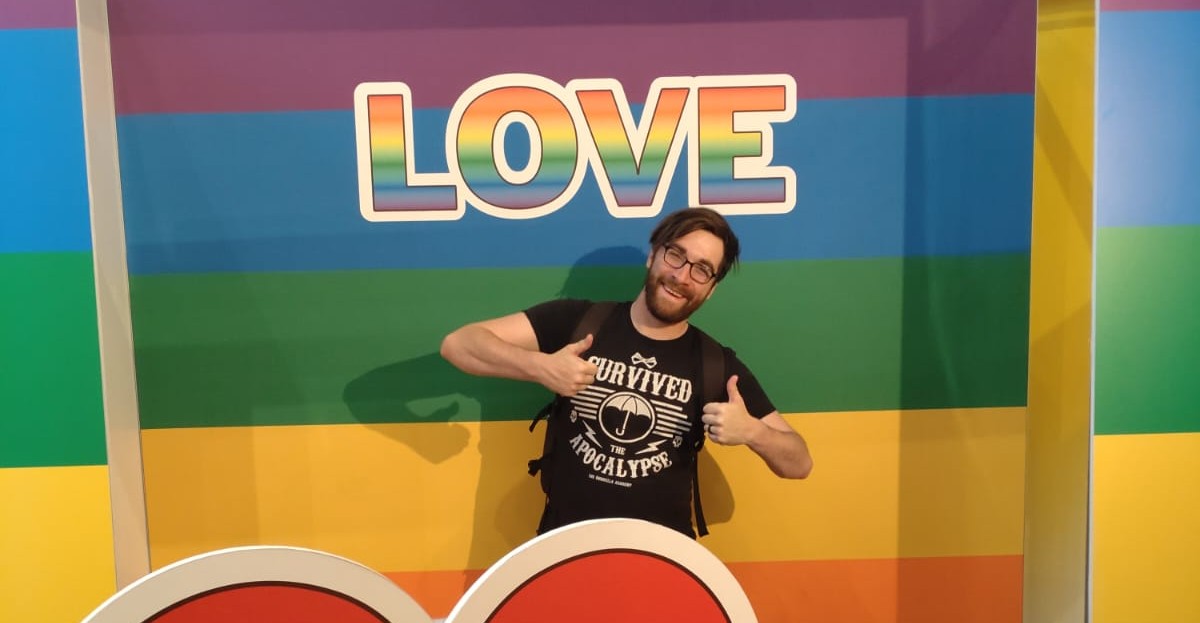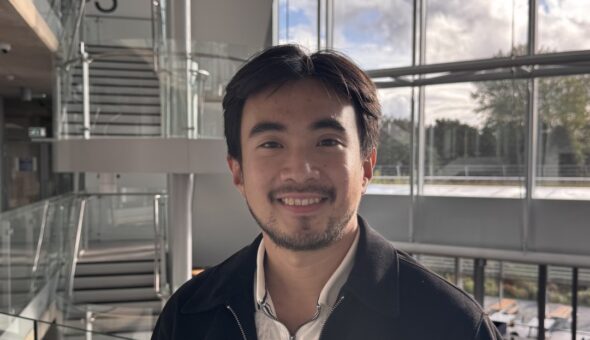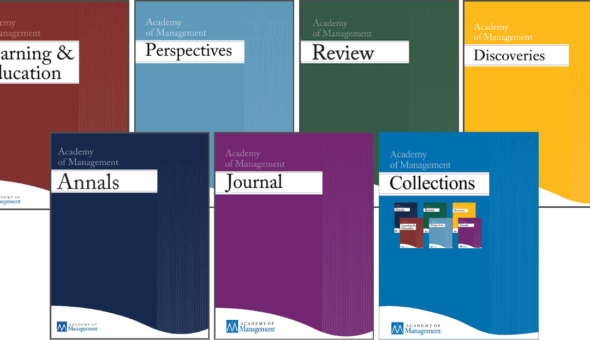Jamie is in the fourth year of a PhD focusing on brand activism, supervised by Professors Sarah Glozer and Andrew Crane. He tells us how campaigns can backfire; why slacktivism isn’t always a bad thing; and how being a member of the Centre for Business, Organisations & Society (CBOS) has benefited his research.
What drove you to choose Bath for your PhD?
Well, Bath is highly respected and part of the GW4 Alliance, which is always a benefit. I lived in Exeter for a couple of years, and the cross-advertising there put Bath onto my radar.
From there it was a case of also seeing what topics were available. When I found an advert for the brand activism PhD, I knew I had to go for it. I wasn't necessarily aware of CBOS itself until I actually got to Bath, but it’s an amazing research centre to be a part of.
What is your research topic and how did you decide on it?
I'm looking into brand activism, mainly. I've started delving into the post-campaign area in my studies, too, because I'm doing the thesis by publication route. I’m examining how discourse evolves out of the brand's hands once they've finished their campaign materials, and how discourse continues despite the brand.
In my first study, I'm looking at how empowerment can take consumers into the activism space. It all revolves around the consumer lens of how brand activism can lead eventually to some sort of societal impact.
What initially sparked your interest in the topic?
After my undergrad, I spent four years working in the gambling industry. While I was working there, I saw how there's a balance between expanding profits and the safety of the consumers. That was my entrance into corporate social responsibility and business ethics.
This led me on to a master’s in consumer behaviour at the University of Reading. From there I found out about brand activism and things such as Nike’s #BlackLivesMatter commitment and Gillette’s ‘The Best Men Can Be’ campaign.
That all really sparked my curiosity, because it seemed like a natural progression of multiple things that had generated my interest over time.
What are your findings so far?
My study regarding the evolution of discourse, despite the brand, is interesting because you see this convergence and divergence of discourse towards and away from both the brand and the issue itself. There's this – how do I say this? – chaos. Just pure chaos. But regardless of the chaos, the brand moves on to its next campaign, leaving the discourse to take on a life of its own.
The campaign I'm focusing on is the Skittles ‘Taste the Rainbow’ Pride campaign with the monochrome packaging. Despite the campaign ending, you see things like the hormones used for medical transition – some people call them Skittles. It's come into the zeitgeist, into the community.
But on the other side, you also see people talking on Reddit about the white Skittles as relating to white pride. Which, realistically, is the complete opposite to what the brand is aiming for.
It's interesting seeing the evolution, because the campaign ran for several years and over several iterations: they went from white packaging to grey and black, and eventually started including colourful images created by LGBT artists as a way to try and mitigate these risks.
How could your research be applied in a real-world setting?
As a result of my research into empowerment, we've designed a matrix that has high and low activism empowerment, and high and low consumer empowerment. We propose that if you have high levels of both consumer and activism empowerment, you have the potential for sustained consumer activists. On the other side, there’s also apathetic activism, where there’s nothing going on.
And then you have the situation where you have a disjointedness between the empowerments, such as a high level of consumer empowerment but low activism empowerment – people who have trust in the brand and really support the brand, but are not activists themselves. This combination would be ‘slacktivism’, which other literature argues that, yes, there's not as much engagement, but you get a higher amount of people engaging in this lower form.
Looking at these different types of empowerment has been interesting to explore and could potentially have implications on brands when designing their campaigns.
What advice would you offer to others studying or considering a PhD?
You get to find a topic you're interested in and get paid to sit and just research that topic in the deepest way – so please make sure it's a topic that you are interested in! Because I'm on the four-year track and am coming into my last year, so I’ve spent three years just in the weeds of brand activism. If it wasn't something I was fully interested in, I think I might have gone mad!
There's a whole community at the University: engaging in that and getting opinions on your work is always helpful. CBOS regularly does things like ‘show and tell presentations’, where PhD students present to the faculty and other postgrads. Both times I've done it have been really good experiences to have those fresh pairs of eyes.
Respond



